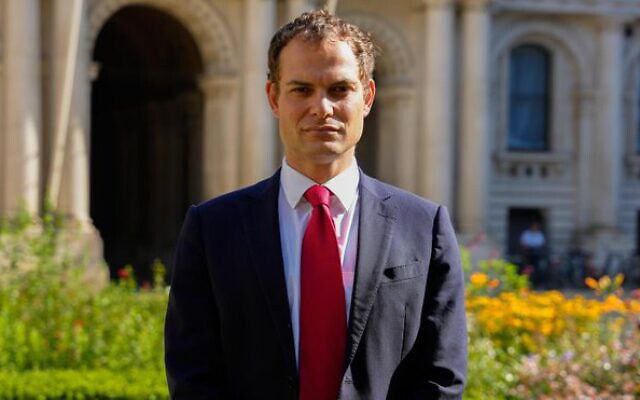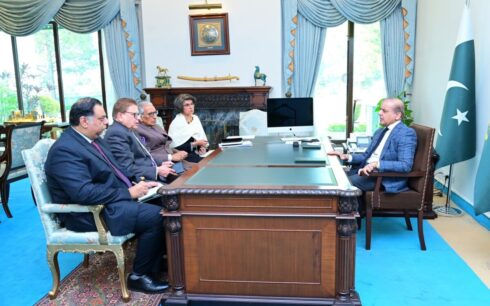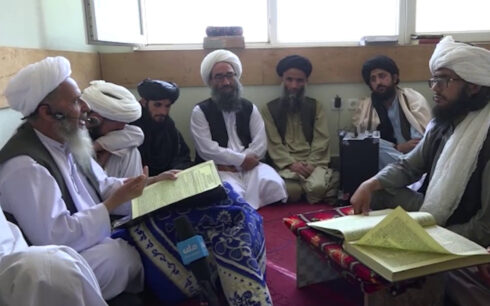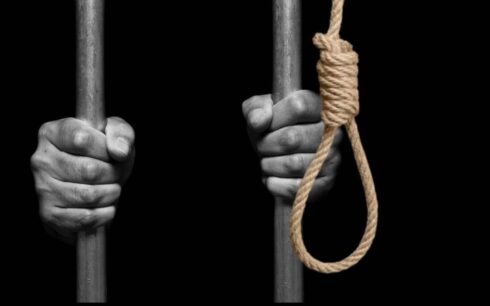LONDON — The United Kingdom has pledged to continue holding the Taliban accountable on human rights issues, including the rights of women and girls, counterterrorism, and humanitarian aid access, according to a statement from Hamish Falconer, the U.K. Parliamentary Under-Secretary of State for the Middle East, North Africa, Afghanistan, and Pakistan.
Falconer reaffirmed the U.K.’s commitment to supporting vulnerable populations in Afghanistan and said he would update Parliament on the nation’s ongoing efforts in the region. “The future of this country continues to matter to the U.K. due to the risk of terrorism, illegal migration, the humanitarian and food security crisis, and the appalling human rights situation, particularly for women and girls,” he said.
For the 2023-24 fiscal year, the U.K. allocated £113.5 million (about $137 million) in overseas development assistance to Afghanistan, Falconer noted, adding that all funds were distributed through U.N. agencies, non-governmental organizations, and the Red Cross. The U.K. aims to ensure that more than half of those reached with its aid are women and girls.
The British government has consistently condemned the Taliban’s increasingly repressive policies, Falconer stated, but, in line with allies, maintains a “limited and pragmatic” dialogue with the group where national interests align. He emphasized that this engagement “does not represent legitimization of the Taliban’s actions.”
In meetings with the Taliban, U.K. officials have focused on securing a safe operating environment for humanitarian partners in Afghanistan and have pressed on critical issues such as counterterrorism and women’s rights. Falconer added that British officials have “consistently underlined the need to ensure that women continue to play an active role in the humanitarian response” and that they are able to safely access aid.
In August, the Taliban’s Ministry for the Propagation of Virtue and the Prevention of Vice introduced a decree imposing sweeping restrictions on Afghan women, men, children, and the media, effectively barring women from public spaces. Falconer reiterated the U.K.’s condemnation of the decree, calling it “a grotesque backwards step,” and noted that Foreign Secretary James Cleverly has urged the Taliban to reverse the measure.
The U.K. has also pressed its concerns publicly through the United Nations, including at the Human Rights Council. “We will continue to raise our serious concerns and press for the reversal of these restrictions,” Falconer said.
Falconer further pledged that the U.K. would continue to engage with Afghan women, providing platforms for them to advocate for their rights and full inclusion in society.
He also addressed the closure of Afghanistan’s embassy in London, clarifying that the U.K. had not pressed for its shutdown. The embassy, he said, was closed following the “dismissal of its staff by the State of Afghanistan.”





